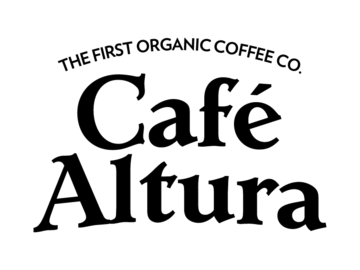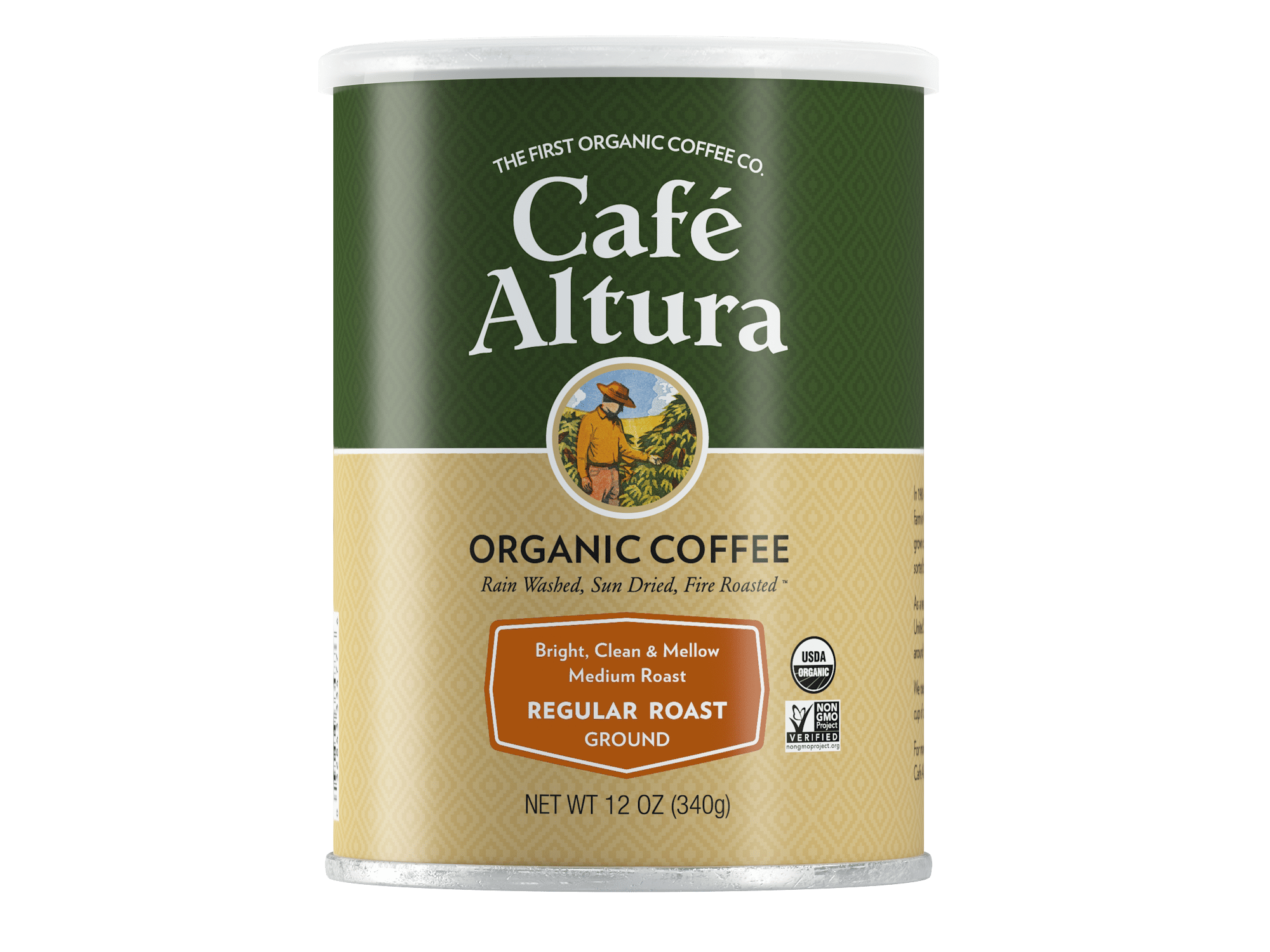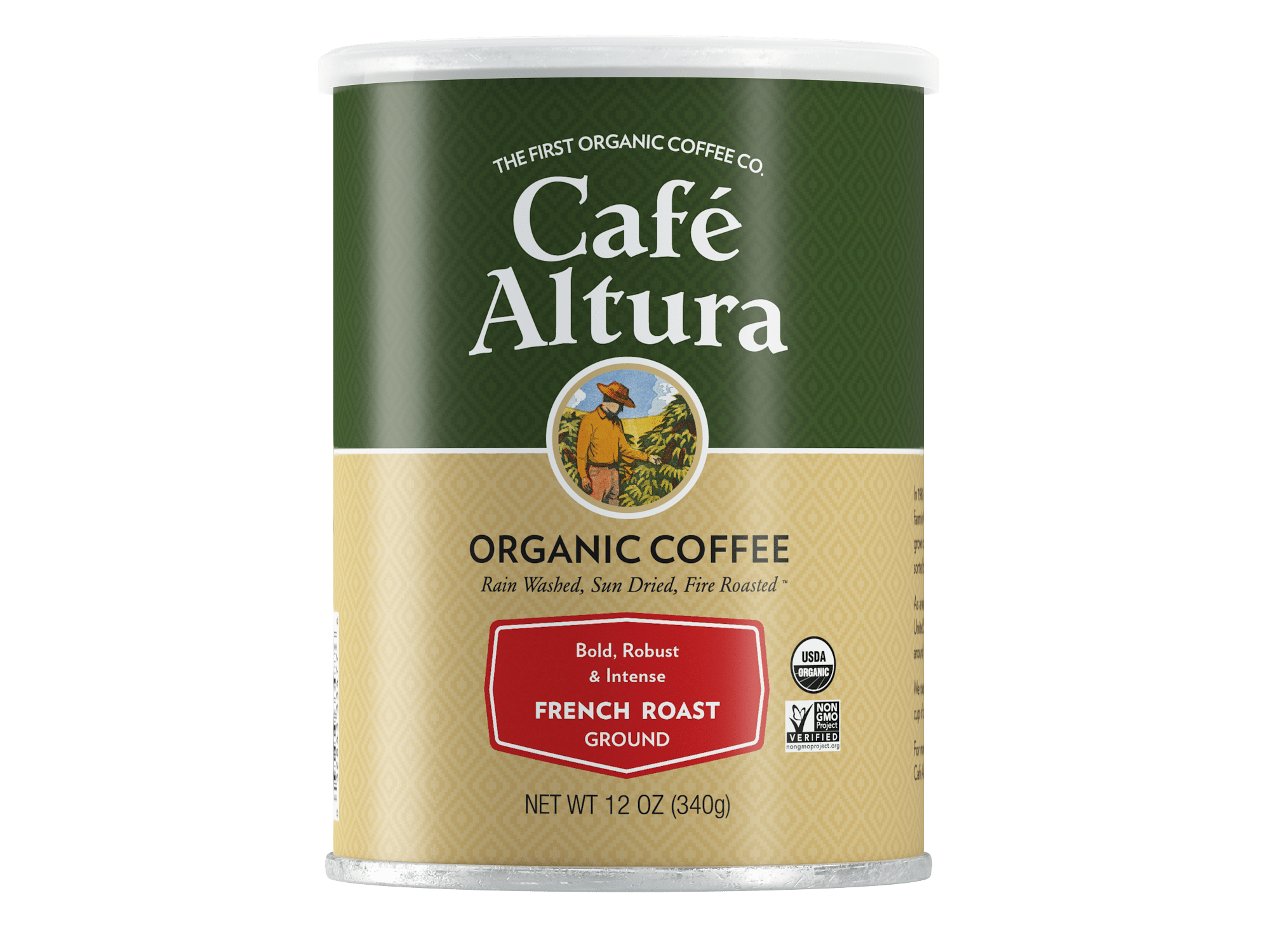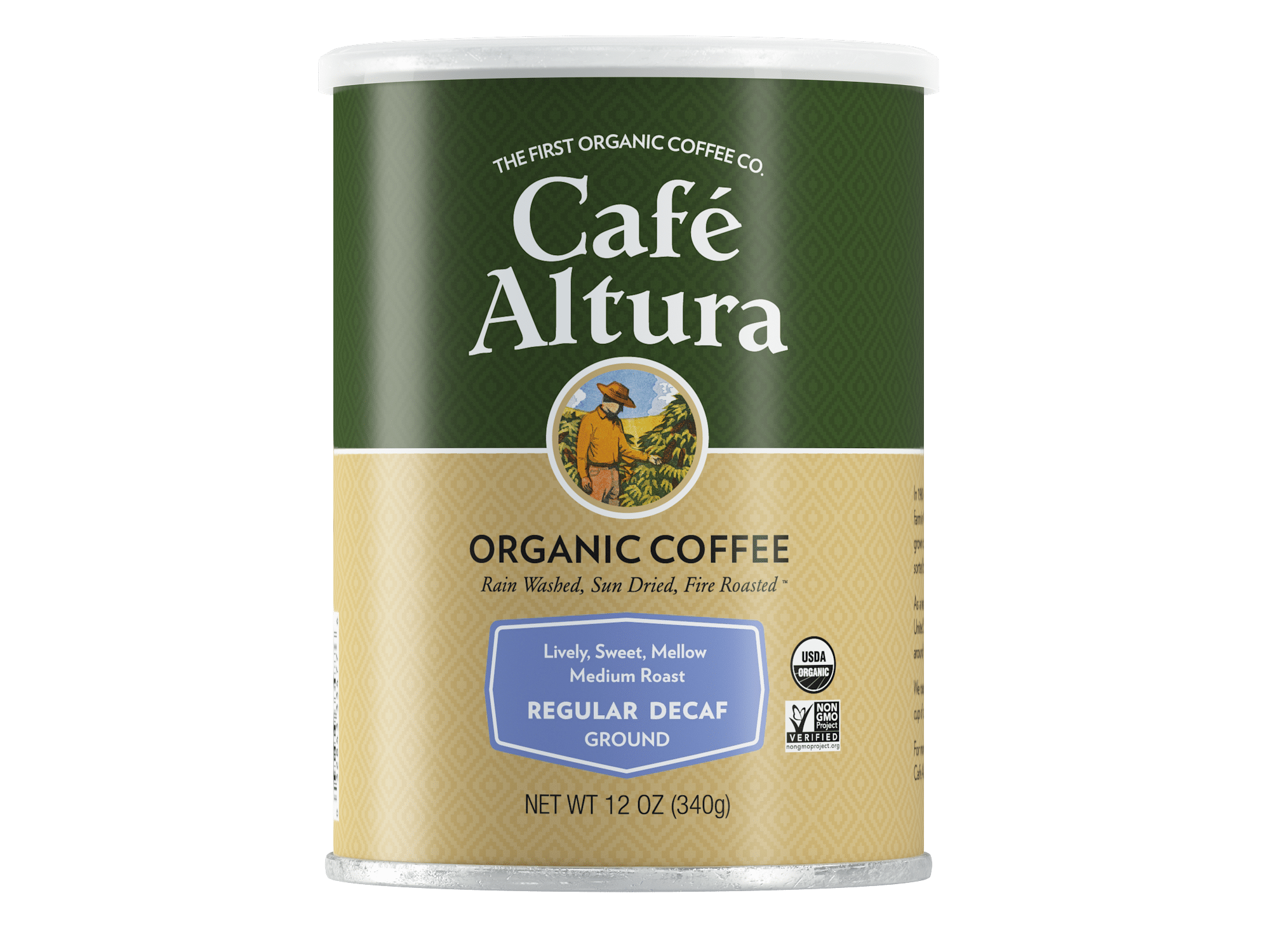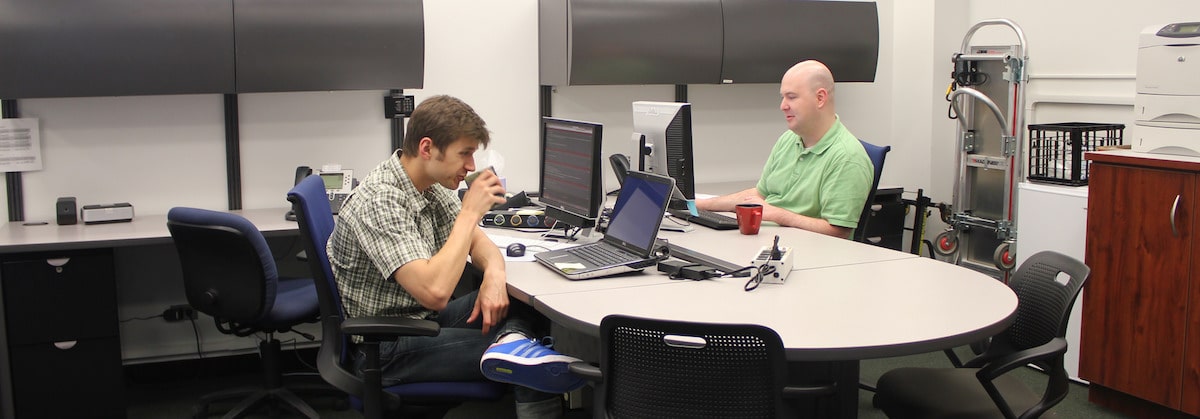
Is Coffee for the Office Tax-Deductible?
Coffee and the workplace go hand-in-hand. From Italian factory workers getting espresso during their breaks, creating espresso for employees to get their caffeine quick, to the endless pod-coffee makers in offices today, bosses have long known coffee to be a worthwhile investment in employee morale and productivity.
The coffee can be a nice bonus for employees allowing them to stay in the office and save a little money and it doesn’t have to cost employers all that much either. Depending on your situation, your coffee expenses can end up actually saving you money come tax time as well. Meaning that you’re essentially able to provide coffee to the office at below face-value.
This is because coffee falls under a category of compensation called de minimis (minimal) benefits. It is a classification of fringe benefits that include other things like occasional office parties, small gifts, and other minor expenditures– all of which are typically able to be claimed as business expense deductions. All of that to say, the answer of whether or not the coffee in your workplace is deductible comes down to how you provide the coffee, who it’s for, and what its purpose is.
Small amount
Pretty self-explanatory, but the value of the coffee you are providing to your workers must not represent a meaningful percentage of their overall compensation. By doing so you can claim the coffee you’ve provided to your employees as being ‘administratively impractical’ to account for. While this may seem a bit vague, it is absolutely essential to your ability to claim a deduction based on the cost of the coffee. If the coffee could be viewed as a meaningful percentage of compensation it would be taxable an in-kind benefit. And though the office coffee will definitely be kind, and certainly a benefit, nobody should be paying unnecessary taxes on their morning joe.
Business-Related Purpose
In order to claim coffee as a business expense deduction, the purpose of the coffee has to be business related. This means that the coffee provided in the office has to be freely available to all employees, without regards to seniority. Or, if you’re getting coffee outside of the office, it must be done with a client or colleague for it to be considered a legitimate business purpose.
Itemized receipts
So, keep those receipts! If you follow the above rules you’ll likely be able to deduct the direct of coffee machines, the coffee itself and related equipment and supplies. For coffee outside the office, you’ll need both itemized receipts and record of the relevant business purpose legitimizing the deduction.
Here are some crowd pleasing recommendations:
Professional advice:
As any good business person will tell you, don’t base your tax prep entirely on the wisdom of coffee blogs. If you want to read up more on IRS regulations surrounding fringe benefits, including coffee, you can do so here (check out page 17). And, of course, seek the advice of a licensed professional for help understanding how this may or may not apply to the specifics of your business.
We are not lawyers or a law firm and we do not provide legal, business or tax advice. None of our representatives are lawyers and they also do not provide legal, business or tax advice. The accuracy, completeness, adequacy or currency of the content is not warranted or guaranteed. Our sites and services are not substitutes for the advice or services of an attorney. We recommend you consult a lawyer or other appropriate professional if you want legal, business or tax advice.
